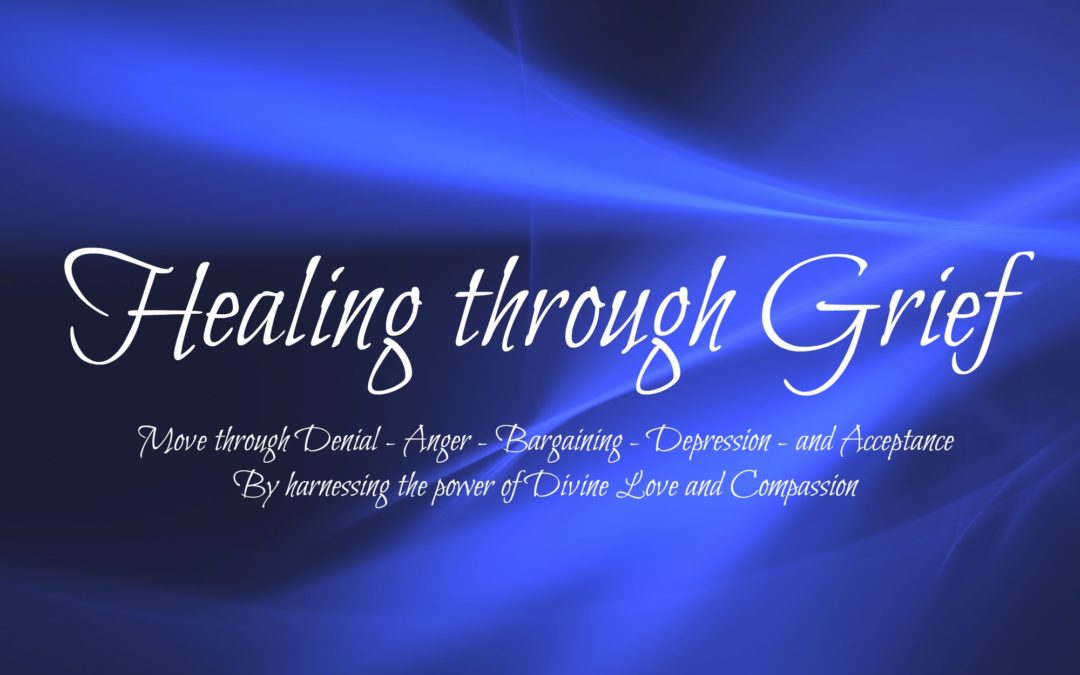
by Jo Lyn Cornelsen | Oct 9, 2017 | Authentic Wholeness, Holistic Healing |
The Compassion Component
I am finding that adding a compassion component to ancestral healing processes softens my frustration
at having to face the empathic and organic pain that shows up in my own body.
In other words – I realized that though I am able to use holistic healing processes
to identify and release the pain and underlying emotions,
I still held resentment and resistance toward the pain and the process.
Sometimes I have railed against my ancestors.
Sometimes against God.
Most often, against myself for not already being perfect enlightenment in form.
Yesterday, I was able to let go and simply accept what is.
And my body began to relax on a deeper level.
This morning I awoke after an unusual 8 full hours of continuous sleep,
with a feeling of being whole in body, mind and spirit.
It felt so amazing that I didn’t want to move.
So I just breathed deeply, focusing on my heart space,
treasuring the feeling of being one with the Divine…
Until my body let me know it was time to get up and go…
Thank you for listening.
Much Love,
Jo Lyn

by Jo Lyn Cornelsen | Jul 3, 2017 | Life Transitions, Personal Empowerment |
The Healing Process of Grief
A friend recently reached out for help after her parents died. She expressed that she is wavering between lost, stuck and numb, and not sure how to move on in life.
Lost, stuck and numb… symptoms of deep grief. It reminded me of the grieving process our family went through upon the death of a grandson (just 12 days old)… and when we went through bad economic times (and lost our properties)… and when one of our extended family members divorced (I lost a sister in that mess…).
Life can be messy – even when you think you’re “doing things right”, things can go wrong, and people can get hurt.
And so… we grieve.
There are five basic stages of grief, outlined by medical researcher Elizabeth Kubler Ross years ago.
I learned about them in the BYU Nursing School…. it’s funny what sticks with you through the years. There’s so much from college I’ve forgotten – but I still remember these stages of grief:
We can go through these stages in any order…
And when something triggers our memories of our losses, we can go through them all over again.
And we can stay stuck in any one of them for any length of time.
We discussed the grieving process in the caregiving classes I used to teach. I remember presenting this list of five stages of grief, and asking if anyone had any experiences they wanted to share. One of my students jumped up and said “YES!” She explained that she had been stuck in denial for 15 years following her husband’s death from a car accident – and only “woke up” when her son graduated from high school. She had missed 15 years of his life, numb-stuck in the pain of loss, which she drowned in alcohol at the local bar… while her parents raised her boy. Her son’s high school graduation was the trigger that made her realize that when her husband died, she allowed herself to “die” too…. and wasted 15 years of her life. Yet there she was, open and excited to tell us her story. She had found help, stopped drinking, was sober, and was training to become a caregiver and contribute to the world around her. She was amazed to feel fully alive. It is never too late to begin again.
Each stage of grief serves a purpose to help us process whatever it is that hurts so much. Like navigating any life experience, it is in our best interest to listen to the Divine Spirit within us and to choose a good path going forward. It is possible that through conscious awareness, we can choose our emotions, our mental state, our thoughts and our behaviors. Basically, we are in charge of creating our own world – our own life experience.
Denial serves the purpose of keeping us from feeling the full effects of what happened, while we deal with the immediate issues at hand…. like getting through the funeral. But depression becomes part of the problem when we stay stuck there, unwilling or unable to find new ways to live.
Anger gives us the emotional power to take needed action in a decisive moment. Such action can be the “saving grace” in some situations. Misdirected, however, anger can be devastatingly destructive.
Bargaining is sometimes the chip that makes things better – as in negotiating and compromising with someone for a win-win. But when we’ve experienced the death of a loved one, we may try to bargain with God – as in, “bring them back and I’ll be perfect forever”. Promising to God that we will be a better person is a good thing… unless it puts unrealistic or impossible expectations on ourselves or others.
Depression is a process of acknowledging and processing the fact that the actual event really happened… and that our lives are irrevocably changed as a result. This is a time for honoring our loved ones and what’s been lost. In it’s best form, when perceived from a sense of conscious awareness of the purpose of life, depression blooms into gratitude for the blessings we experienced.
Holding onto our sorrows as a crutch, however, can change depression from a healthy part of the grieving process into a clinical dysfunction.
Acceptance is a state of allowing ourselves to grow… and to heal, as you, simply in reading this, are showing that you are ready to do. One of the very best things you can do in your process is to partake of the pure, unconditional love that The Great Creator of All Things, has for you. Say yes to prayer. Yes to studying the holy scriptures. Yes to seeking solace at church. Yes to reaching out to friends and family. Yes to calling upon God in your darkest of hours. And yes to thanking God for grace… and peace.
Validation
I remember as a little child, upon learning something new, I’d be so amazed that I would run and tell whomever I could find about the amazing new thing I had learned. If they ignored me, or brushed me off (yes, I was a chatterbox) I was not deterred… I’d simply go tell someone else… and someone else… and someone else… until finally, someone would look me in the eye, hear what I had to say, and agree with me that it was amazingly wonderful. Then, with that validation, I was free to go on and learn something new.Compassion
In the same way, pure compassion validates the human experience. “I’m so sorry for your loss,” can be the kindest thing to say – or to hear – when you’re in the depths of despair over a loss in your life.
But if you don’t have anyone you can reach out to for comfort, know this… that you have God-given capacity within your own heart and mind to send yourself some compassion for what you’ve been through. It’s perfectly okay for you to love yourself. And to accept the healing power of available to you simply by tuning in to Divine Love.
“I am so sorry for your loss”. My prayer is that you will find it in your heart to forgive yourself and others for any imperfections in your relationship with them – and with those who have passed on. And that you can forgive them for leaving you. It has been said that some people come into our lives for a few moments, some for months, some for years, and some for a lifetime or longer.
Acknowledge truth of life, and of death… and “the truth will set you free”.
The truth is, that we are spiritual beings having a physical experience.
This world is not perfect, nor was it meant to be.
It was set up in a way to allow us to explore, and to grow, and to become closer to being our highest and best selves.
It is designed so that we can become more consciously aware of our power of choice, our ability to respond rather than react,and the power of love over fear.
And the truth is, some of this life stuff hurts, and when you’re in the middle of it,
it can be very difficult to see your way out.
Some people give up. You have reached out.
You are choosing to live.
You have chosen life.
Therefore, life has chosen you.
I am excited to see what you make of it!!
Sending you blessings of hope, encouragement and love…
Jo Lyn



Recent Comments